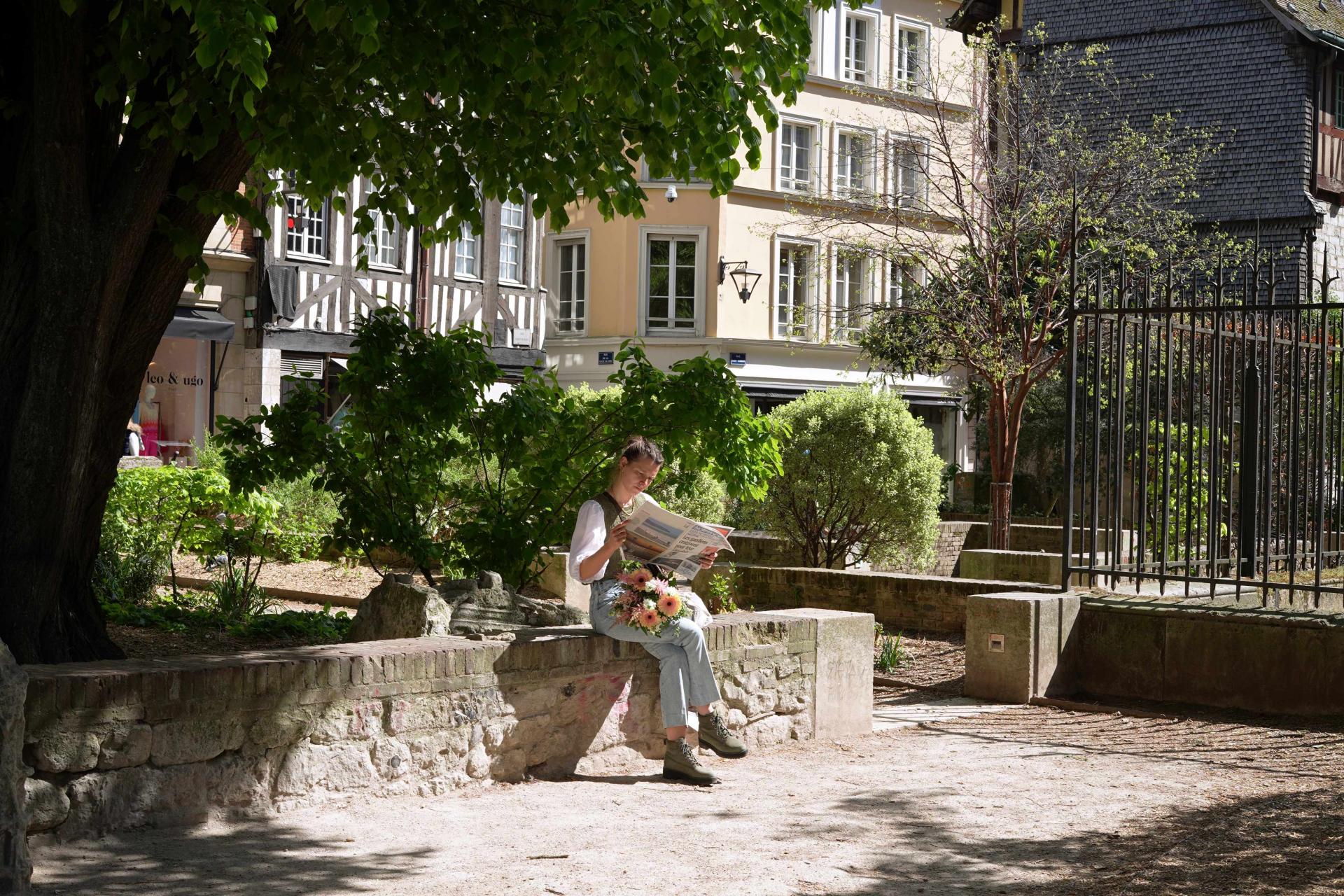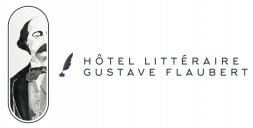
In the Footsteps of Flaubert: A Literary Journey Through Rouen This Summer
A Literary Itinerary through Rouen for the Summer
When the warm days settle over the slate rooftops and cobbled streets of Rouen, the entire city seems to lend itself to reading. There is a certain softness in the air — like ink and paper — and in the heart of the wanderer, a desire to be guided by voices of the past. For lovers of literature, summer in Rouen becomes an erudite promenade, where books are read as much in the streets as in the libraries. Here is a carefully curated literary itinerary to experience Rouen through the words of its writers — from Flaubert to Maupassant, via Corneille.
1. Beginnings: In the Footsteps of Young Flaubert
Begin your journey at the Flaubert Museum. Nestled in a modest pavilion of the Hôtel-Dieu — once the official residence of his father, chief surgeon of the Rouen hospital — it is here that Gustave Flaubert was born in 1821 and spent his childhood. The space, discreet yet rich in archives, tells the story of an author raised in the quiet of hospital corridors, between his father’s surgical instruments and the family library. Manuscripts, personal objects, letters, and early drafts reveal an intimate, dreamy, and meticulous Flaubert.
Upon leaving, follow the Gustave Flaubert Avenue toward Place du Vieux-Marché, where the shadows of Joan of Arc mingle with the ghosts of fictional characters. Flaubert himself cherished these contrasts — between history and modernity, raw emotion and analytical clarity. One never reads Madame Bovary quite the same after walking through the city of her creator.
2. Scholarly Strolls: Between Heritage and Literary Landscapes
Rouen is a literary stage. In the Saint-Maclou district, timber-framed houses and narrow alleyways echo the romantic settings of the 19th century. Continue toward Notre-Dame Cathedral, so often painted — and just as often evoked in the writings of Norman authors. Flaubert described it in his letters with near-surgical architectural precision
(see the interview with Yvan Leclerc on the subject).
A few steps away, the Museum of Fine Arts is well worth a visit: between two Monets, one senses how visual art influenced Flaubert’s writing — ever in pursuit of the perfect image. Then, make time for a detour through the rue Eau-de-Robec, a poetic and refreshing street, perfect for reading on a café terrace, notebook in hand.
For theatre enthusiasts, the birthplace of Pierre Corneille, in the Old Market district, Rue de la Pie, adds a classic note to the walk. Rouen here reveals its many voices — classical, realistic, lyrical — making it an ideal city for immersive reading, where landscapes deepen one’s sensory understanding of the text.
3. To Read, to Write, to Dream: A Natural Arrival at the Hôtel Littéraire Gustave Flaubert
After a day spent wandering through Rouen’s living chapters, what could be more fitting than retreating to a place that honours literature’s greatest craftsman? The Hôtel Littéraire Gustave Flaubert, discreetly located in the historic centre, is more than a cultural hotel — it is a continuation of the journey. One arrives as one closes a beloved book: with the gentle feeling of having read — and lived — something rare.
The hotel's salons offer quiet reading nooks, from Madame Bovary’s boudoir to a sunlit terrace. For those wishing to prolong the experience of literary immersion in Rouen, the establishment provides a setting where literature breathes.
A Summer in Rouen, Under the Sign of Words
Whether you're a devoted reader, a lover of intellectual strolls, or simply a curious soul in search of beauty, Rouen in summer is the perfect setting for a literary voyage. From Flaubert’s birthplace to the streets of the Vieux-Marché, from public libraries to shaded benches, this is a city to be read as much as visited.
And for a fitting ending — or a new beginning — consider spending the night at the Hôtel Littéraire Gustave Flaubert.




 Hôtel Littéraire Gustave Flaubert, BW Signature Collection by Best Western
Hôtel Littéraire Gustave Flaubert, BW Signature Collection by Best Western
